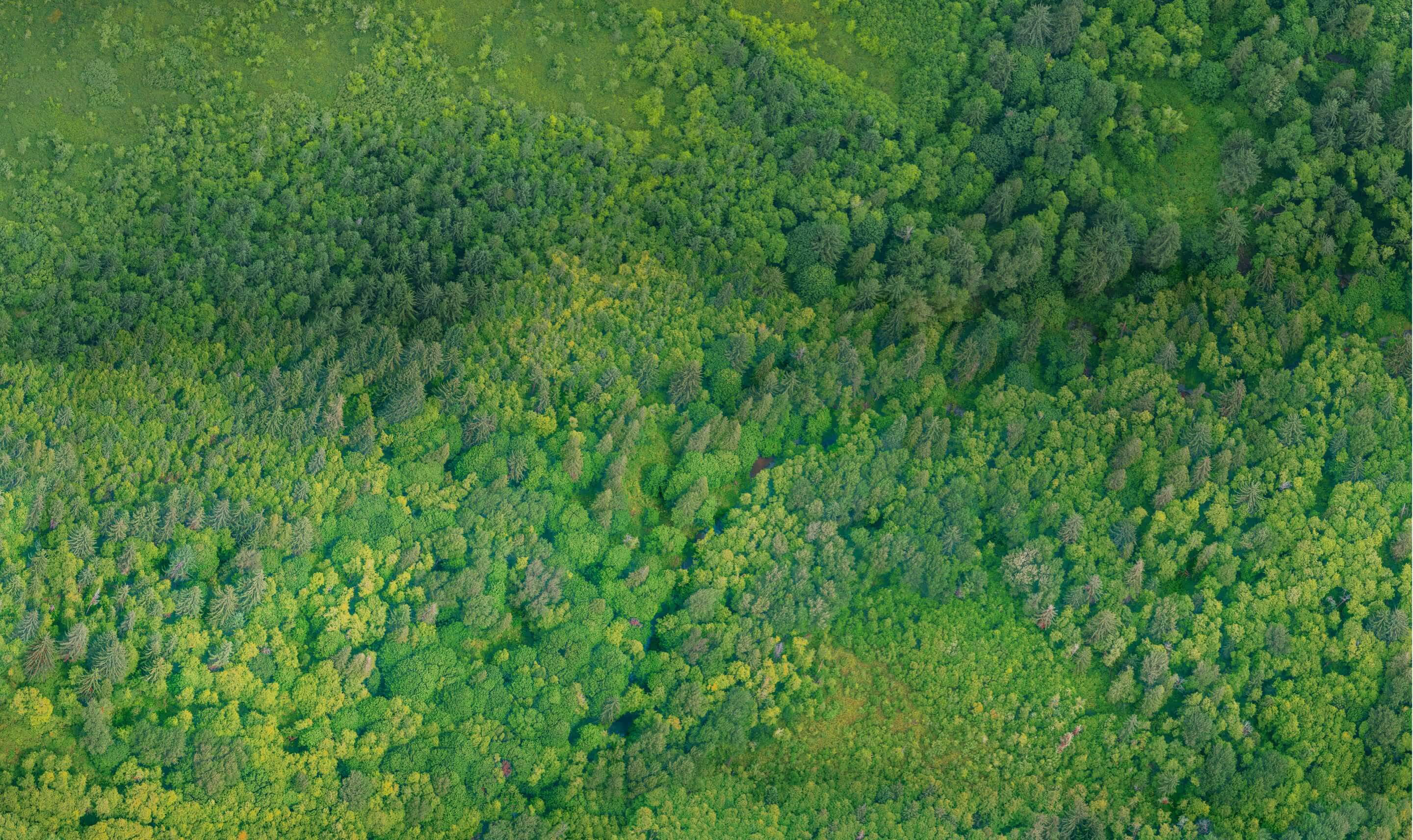What are the solutions against global deforestation?

THEAmazonia, the most famous forest on our planet, is the symbol of deforestation that is rampant all over the world. The year 2022 is not over yet as it has already reached record highs.9494 km2 of Amazon forest wiped off the map, nearly 90 times the area of Paris, against 9178 km2 in 2021. According to asurveyconducted by experts, with 26% of its surface destroyed or severely degraded, the Amazon forest would have reached a point of no return. It is “a critical threshold beyond which a system reorganizes, often suddenly and/or irreversibly” explains the International Panel on Climate Change (IPCC). The Amazon could therefore turn into a savannah sooner than expected. A drier ecosystem that captures less CO2. At COP27 last November, Brazilian President Lula affirmed his desire to achieve “zero deforestation by 2030" with the implementation of concrete solutions.” There is no climate security for the world without a protected Amazon,” he declared. If the future of this green lung, a treasure of biodiversity, is in danger, all the forests in the world are also in danger. Intensification of natural disasters, disruption of water resources, worsening of global warming or even a threat to biodiversity, the consequences of deforestation are numerous. And for some, they are irreversible. Essential to our survival and that of our planet, forests must be preserved and protected at all costs.The fight against deforestation is a global challenge. So how can we protect forests and achieve zero deforestation?
Deforestation: concrete solutions
Citizens, governments, organizations, everyone has a role to play in ending deforestation. There are no small actions or small gestures.
Committed governments
In order to effectively protect forests from deforestation, strong legislation is needed. In 2016, Norway was a pioneer by becoming the first country in the world to ban the import of products from deforestation. Other states have also shown their commitment. The Constitution of Bhutan states that 60% of the territory must be covered by forest. Strict protection of its forests that allows it to fight against deforestation. This Asian country stuck between India and China thus absorbs 3 times more CO2 than it produces. Bhutan is one of the three countries, along with Suriname and Panama, to have a negative carbon balance!
For its part, France has adopted a national strategy to combat imported deforestation (SNDI). The objective is to end, by 2030, the importation of unsustainable forest or agricultural products whose production has contributed to deforestation abroad. For example, soybeans, cocoa, palm oil, wood.
Massive reforestation policies

As a solution to deforestation, some countries have opted for reforestation. In recent years, several large-scale initiatives have emerged.
In 2019, theethiopia shattered the world record with the planting of 353 million trees in 24 hours! THEiceland has for its part planted nearly 4 million trees since 2015, or about 1000 hectares.
Last September, Ivorian President Alassane Ouattara announced that he wanted to double the area of forest cover in Côte d'Ivoire by 2030, from 10% to 20%. Progressive restoration of classified forests, submission of tree cuts to the forest code, sanctions for the removal of trees deemed illegal, everything will be done to achieve this objective and accelerate reforestation.
But does it work? Indeed, these operations can end in failure and be harmful. To ensure their success and positive impacts, they must be carried out in accordance with certain fundamental principles. For example, the right tree in the right place. Following an extensive reforestation program that lasted nearly 25 years, South Korea's forest ecosystem increased from 35% to 64%.
Individual solutions against deforestation
Faced with the massive destruction of forests, it is possible to provide individual assistance. It is necessary to change some of our habits, our consumption patterns. It starts on the plate, with our food.
A real plague of tropical forests, palm oil is responsible for massive deforestation. In 2021, its production reached 80 million tons compared to 75 million the previous year. Malaysia and Indonesia, the main producers of this maligned oil, produce nearly 85% of world production. Over the past two centuries, 90% of their forests have been destroyed.
It is now found in many everyday products, such as spreads, chocolates, cakes, chips... It is also present in cosmetic products such as creams or body oils. Indeed, palm oil is often hidden under complex names like “Elaeis Guineensis Oil”. Derivatives of this oil are also commonly used, such as glycerol. And yes, our daily beauty habits also contribute to deforestation. It is therefore a question of giving priority to the purchase of food and cosmetic products without palm oil.
Reducing our meat consumption is another solution to deforestation. Indeed, livestock farming and deforestation are closely linked. Hectares of forests are razed to the ground in favor of the establishment of farms and the cultivation of soybeans used to feed animals.
Reforestation actions are not just for governments. This solution against deforestation is available to everyone! Thanks to our Sapousse program, you can plant trees online, and we'll plant them right away in the field. A sustainable act that makes it possible to act in favor of reforestation while providing local populations with a means of subsistence.

Reduce paper consumption, favor certified products that guarantee less harmful production methods, etc. So many other solutions that exist and fight against deforestation. To go further, and to find out more about the consequences of deforestation, click here:



.avif)





.avif)